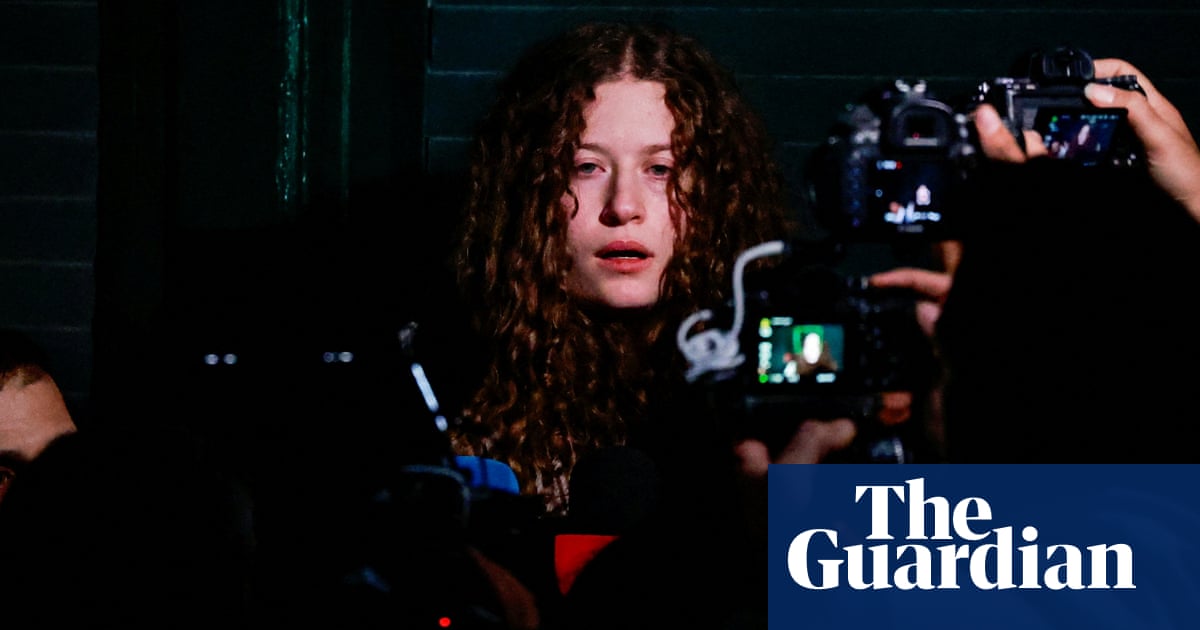
Since the beginning of the Israeli occupation in 1967, Israel has imprisoned more than 1 million Palestinians
Prisoners’ Day comes amid an escalation of violence in the West Bank and East Jerusalem
RAMALLAH: Palestinians mark Prisoners’ Day on April 17 every year to highlight the plight of Palestinian political prisoners and detainees in Israeli prisons. This year a torch was lit in Jenin and Bethlehem on the evening of April 16, a march was organised in the centre of Ramallah, and schools talked in their classes about the status of prisoners.
Palestinians consider the prisoners to be freedom fighters who sacrificed their freedom to liberate their homeland, while Israel calls them terrorists. However, there is no Palestinian home or family that did not suffer at some point or have prisoners in the Israeli jails.
Since the beginning of the Israeli occupation in 1967, Israel has imprisoned more than 1 million Palestinians and continues to employ its policy of arbitrary mass detention through daily military raids and incursions. However, administrative detention is widely used to imprison Palestinians with no charge or trial for indefinite periods. Since 1967, Israeli authorities have issued more than 60,000 administrative detention orders.
According to Palestinian sources, there are currently 4,450 prisoners. Of these 160 are children, 32 are women, 20 are in solitary confinement, 600 are ill. There are 530 administrative detainees in Israeli jails.
Prisoners’ Day comes amid an escalation of violence in the West Bank and East Jerusalem for more than two weeks, as Israeli arrests of Palestinians continue.
The suffering of Palestinian families who have sons or daughters in Israeli prisons increases during Ramadan, as they are unable to visit them due to the time and distance of travel and long waits of more than 16 hours. Family members miss their captive children and relatives when they gather at the Ramadan dinner table.
Laila Zawahra, 70 years, the mother of prisoner Mohammed Zawahra, from Bethlehem, who is sentenced to life imprisonment, told Arab News that she misses her son most during Ramadan.
“I remember him and miss him a lot when we eat Ramadan dinner every evening, whenever we cook the dish he loved, Mansaf and fried chicken, and when eating the Ramadan sweets Qatayef.”
Zawahra says that she travelled from Bethlehem to Jerusalem on the first Friday of Ramadan to pray at Al-Aqsa Mosque despite her poor health. She distributed the charity of Ramadan fasting on behalf of her son to the poor there, and called for his release during Friday prayers.
She remembered how Mohammed used to come at the end of the month of Ramadan and ask her about the gift she would like him to buy for her to mark the end of Ramadan.
She said that she will not be able to visit him during Ramadan while she is fasting, as the distance between her home in Bethlehem and Ashkelon Prison, where he is incarcerated, is long, and this may negatively affect her health. She visits her son once a month.
Bassam Darwish, the brother of Ghassan Darwish, 37, from Ramallah, who has spent 16 years in prison, described to Arab News the family’s feelings during Ramadan: “The 16th of Ramadan passed, and Ghassan was not among us at the Ramadan dinner table, nor the suhoor, and he did not share the atmosphere of Ramadan with us.”
He said that his family missed his brother Ghassan as he waited for the Maghrib call to announce the end of fasting.
Bassam said that when Ghassan was arrested, none of his brothers and sisters were married. Today Ghassan has 13 nephews and nieces but he has only seen them in photographs.
Before Ramadan, Ghassan asked family members not to visit him in his prison in Ketsaot in Negev, southern Israel, where the travel and waiting time is 16 hours. They have to travel from 7 in the morning and wait for long hours in scorching weather while the meeting with Ghassan is limited to 45 minutes. They can see him only through glass and talk to him through a telephone, while his father and older brother are prohibited from visiting him for security reasons.
“The Maqluba was Ghassan’s favourite dish, and every time we cook this dish, we remember him so much,” Bassam said.
To show respect for Palestinian prisoners, the PA Prime Minister Mohammed Shtayyeh and Ramallah governor Leila Ghannam had a Ramadan dinner with Um Nasser Abu Humeid, who had 5 sons in Israeli jails.
“Prisoners are the conscience of the Palestinian people; they sacrificed their freedom to enable their people to live in freedom and dignity, and some of them have spent 42 years of their life in prison. There is no Palestinian family who has not lived and suffered from the experience of the arrest of one of its members,” said Muqbil Al-Barghouti, the younger brother of the prisoner Marwan Al-Barghouti, the Palestinian leader who has spent 20 years in prison under life imprisonment.










